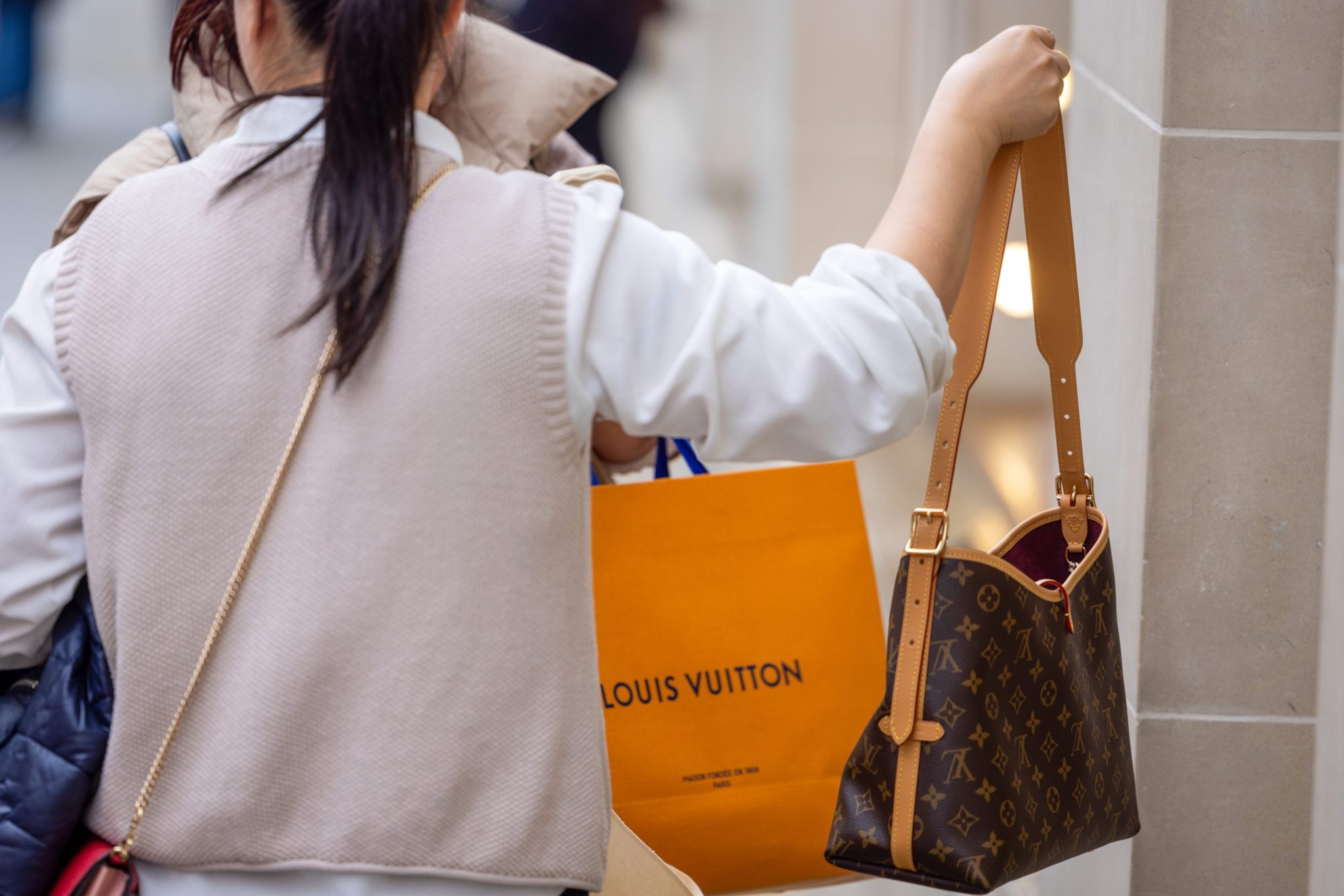
There’s no way to sugarcoat it—LVMH is in trouble. The French giant’s third-quarter revenue fell by 3%, slipping below analyst forecasts and punctuating the state of the luxury industry.
LVMH, home to well-known brands such as Christian Dior and Celine, noted sluggish demand from shoppers at various points this year.
While the company’s fate isn’t nearly as dire as some rivals like Kering, which issued a profit warning earlier this year, trailing sales in LVMH’s fashion, leather, and wine and spirits segments aren’t a good sign.
But the company shrugged off the idea of drawing customers like other regular retail companies would: with more discounts.
LVMH’s CFO Jean-Jacques Guiony said that the company wouldn’t “change strategies” just to offset the lukewarm demand in luxury now during LVMH’s earnings call earlier this week.
Another strategy that simply won’t fit the company? Offering a range of affordable products.
“I think it would be a mistake,” Guiony said in a call. “We still keep on the idea that we should stay faithful to what has been the recipe of our success over the years.”
The French conglomerate run by Bernard Arnault is home to a slew of high-end jewelry, fashion, and spirits brands. Many of its products, including those under the eponymous Louis Vuitton brand, retail for well above $1,000, making them a tough sell for aspirational buyers.
However, the company has long operated in the high-end retail market and argues that going the discount route would dilute its offerings.
There have been recent cases of brands’ implementing such a strategy going wrong. Take Kate Spade, for example. It decided to lean heavily on promotions until Coach finally acquired it for $2.4 billion in 2017.
Many luxury goods have been forced into the mark-down pile from brands like Versace and Burberry, which cater to entry-level luxury buyers. The reason? Shoppers have gone from spending generously to becoming reluctant about high-end purchases amid tough macroeconomic conditions.
Economic policies, which have also prompted consumers to pull their purse strings right, have had ripple effects on the luxury industry. For instance, when China indicated upcoming stimulus measures to help revive its economy, LVMH and other luxury players saw their shares rise in the hopes that it would end shoppers’ hesitation. But when those promises failed to deliver, the same companies saw their shares fall.
LVMH CEO Arnault’s wealth has also ebbed and flowed with every major news event—from China’s stimulus to the company’s quarterly earnings.
While it’s still uncertain how long a recovery might take, LVMH is sure it won’t change its approach too dramatically just to be relevant in the short term, even if that means a few more months or years of sluggish sales ahead.

